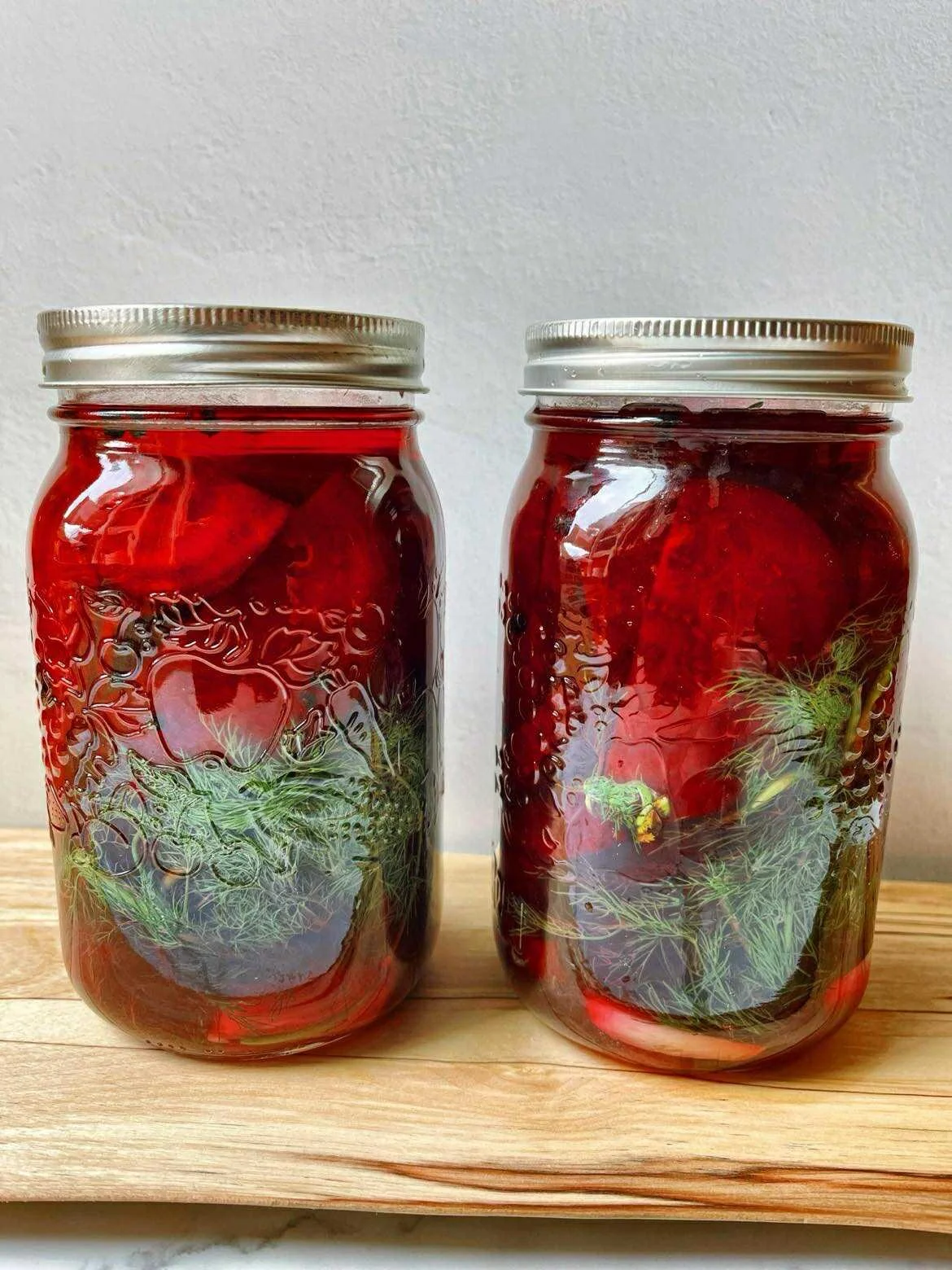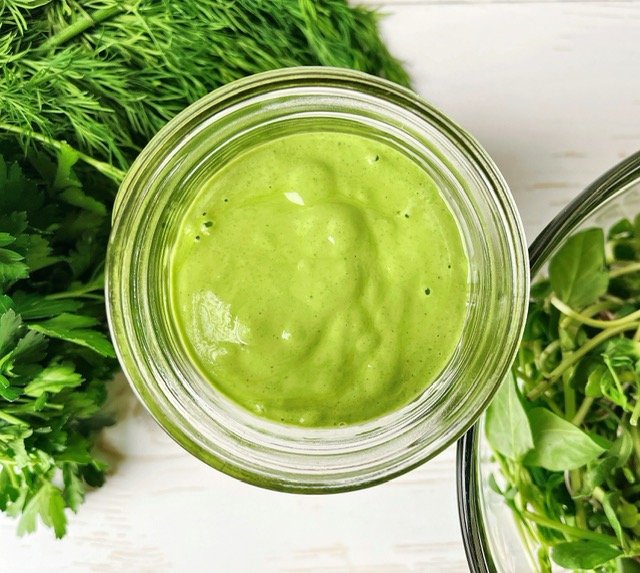I am a HUGE believer in the regular consumption of fermented foods. For women, men, growing kids, family, friends, neighbours, everyone, everywhere. If you are not already consuming fermented foods regularly (daily is best), allow me to inspire you to change that asap.
Health Benefits of Consuming Fermented Foods
Increase in Beneficial Gut Bacteria
The natural probiotics that exist in fermented foods help to populate the gut microbiome with healthy bacteria, resulting in enhanced digestion, reduced GI symptoms, reduced risk for development of IBS, and can also increase nutrient absorption.
Enhanced Immune Function
A healthy gut microbiome strengthens the immune system.
Certain fermented foods contain compounds that may modulate immune responses and reduce inflammation.
Better Digestive Health
Fermentation breaks down nutrients into more digestible forms and reduce anti-nutrients (e.g., phytic acid in grains), improving mineral absorption. Fermented foods can also help increase lactose digestion in lactose-intolerant individuals (e.g., yogurt and kefir).
Mental Health Support
The gut-brain axis links gut microbiota to brain function. Many studies suggest that probiotics in fermented foods can help reduce anxiety, depression, & stress.
Nutritional Enhancement
Fermentation can increase levels of certain vitamins, such as B vitamins (e.g., B12, folate), Vitamin K2 (especially in natto and fermented cheeses), and may also enhance amino acid and antioxidant profiles.
Weight Management
Improved gut microbiota diversity may support healthy metabolism and weight control. Research suggests fermented foods may help regulate appetite and reduce belly fat.
Reduced Risk of Certain Diseases
Regular intake may lower risk of Type 2 diabetes, cardiovascular disease (via improved lipid profiles and reduced inflammation), colon cancer (due to production of short-chain fatty acids like butyrate).
Common Fermented Foods with Health Benefits
Sauerkraut
Kimchi
Miso
Tempeh
Kombucha
Kefir
Natto
Fermented vegetables
Beet kvass
Health Benefits Specific to Fermented Beets:
Liver Detoxification: Beets contain betalains and betaine, which support liver function and detox pathways (e.g., methylation and bile flow). Fermentation can also amplify bioavailability of these compounds.
Blood Pressure Regulation: Beets are high in nitrates, which convert to nitric oxide in the body and help relax blood vessels, lower blood pressure, and Improve blood flow and cardiovascular health
Anti-inflammatory Properties: Fermented beets retain anti-inflammatory phytochemicals like betalains. Probiotics also help to modulate inflammation throughout the body.
Improved Energy & Endurance: Nitrates in beets improve oxygen efficiency in muscles, which enhances stamina and exercise performance, and supports mitochondrial function.
Blood Sugar Regulation: Fermentation helps to lower the glycemic impact of beets by reducing sugar content (as microbes feed on it), enhancing fiber and probiotic support for insulin sensitivity.
High in Antioxidants: Fermented beets contains betalains, vitamin C, and manganese, all of which combat oxidative stress, protect cells from damage, and support skin, brain, and heart health.
The thing that’s particularly cool about ferments, beyond their incredible health benefits, is that they are incredibly easy, cheap, and quick to make! That’s how we like it! 😉
Easy Fermented Beets
3 medium beets, peeled and sliced
2 very large or 4 medium cloves of garlic, sliced
1 large handful of fresh dill, divided
1 tsp peppercorns, divided
2 Tbsp sea salt (coarse or fine)
4 cups water (more if needed)
Equipment:
2 large wide mouth mason jars, sterilized in the dishwasher or well-washed with hot water and soap
Fermenting weights, if you have them
To make your brine, dissolve the salt in water completely. I use 1 cup boiled water + 1 cup regular water. If your water is heavily treated, I would recommend using spring water or boiled water.
In your large mason jars, pack the sliced beets and garlic with the fresh dill and peppercorns, divided evenly amongst the 2 jars.
Pour your brine overtop of the packed beets.
Ensure that the beets are covered with your brine completely. Add a little more water to cover, if needed. Use a fermenting weight, if you have it, to hold the beets down under the brine (I don’t use them and it always works out great for me).
Seal your jars and place them on the counter to ferment.
Ferment your beets for 10 days to 2 weeks. Many recipes will say to ferment for less time, but I prefer to ferment longer, as this will increase the beneficial bacteria content, as well as enhance the flavour.
Once your beets are fermented to your liking (yes, go ahead and try them!), transfer your jars to the fridge. These fermented beets will keep for about 1 month, refrigerated.
Eat these beautiful beets on salads, with rice, on top of buddha bowls, with chicken, tofu, on a charcuterie board, or with your morning eggs. Enjoy!
As always, if you love this recipe, please leave me a comment and/or share some photos on IG or FB and tag me! I love to see what you’re making!






